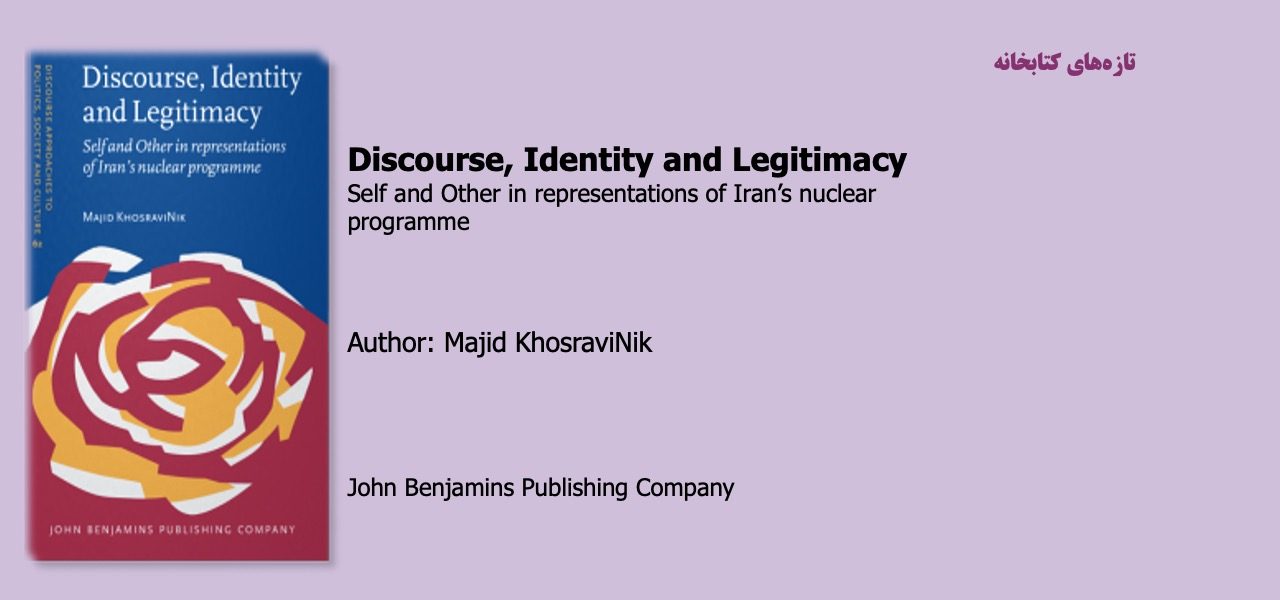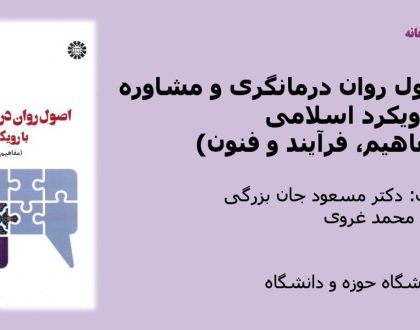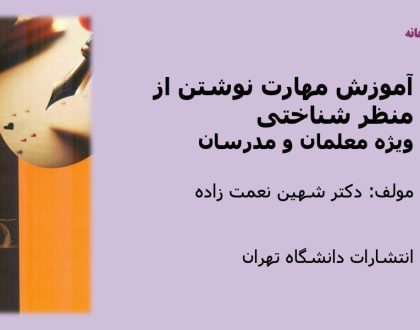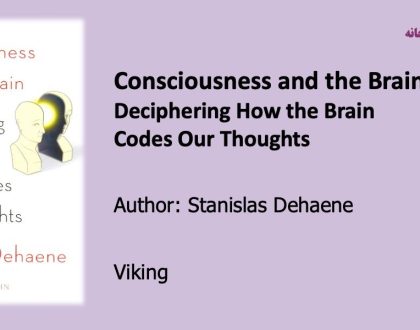Discourse, Identity and Legitimacy

Iran has been at the centre of numerous international controversies since its 1979 Revolution and the establishment of the Islamic Republic. Strong anti-colonial, anti-authoritarian and Islamic sentiments during the 1979 Revolution have fuelled and legitimised the Iranian revolutionary discourses when confronting the West.
The Islamic revolutionary ideology of the Islamic Republic and its continuing tension with the West, especially the United States, is the result of a swing in Iran’s official world view from a pro-Western, secular monarchic system to an anti-Western, post-colonial, theocratically-oriented system after 1979. This change has created a political entity which fiercely challenges the hegemony of the West, involving a range of religiously justified post-colonial aspirations. At the same time, the system funds its own legitimacy by reviving and reinforcing these very challenges. Nevertheless, on its chosen path, the Islamic Republic has gone through major changes and developments since 1979. While some part of the overall revolutionary rhetoric has remained intact, influenced by the changes in society, several other social, political, economic and cultural discourses have been introduced and adopted by (some parts of) the establishment at the top.
These changes have enhanced the fluidity and flexibility of the Islamic Republic, and consequently triggered different levels of alarm in the West with regard to the Iranian state.
مطالب مرتبط

اصول روان درمانگری و مشاوره با رویکرد اسلامی (مفاهیم، فرآیند و فنون)
۲۶ / بهمن / ۱۴۰۳

آموزش مهارت نوشتن از منظر شناختی
۲۶ / بهمن / ۱۴۰۳


